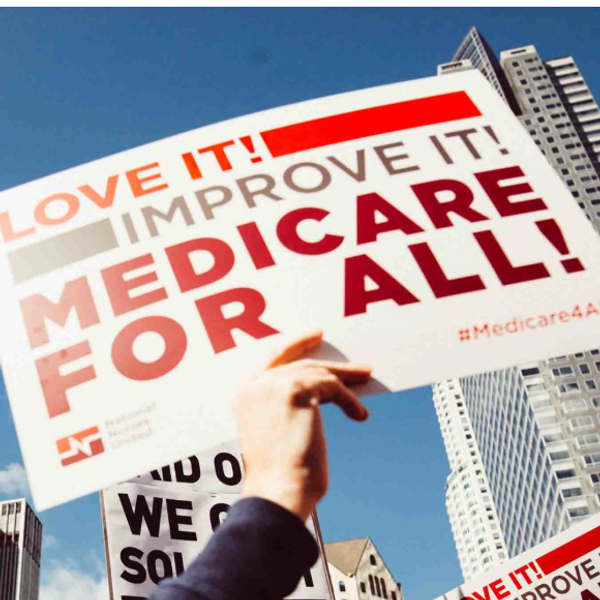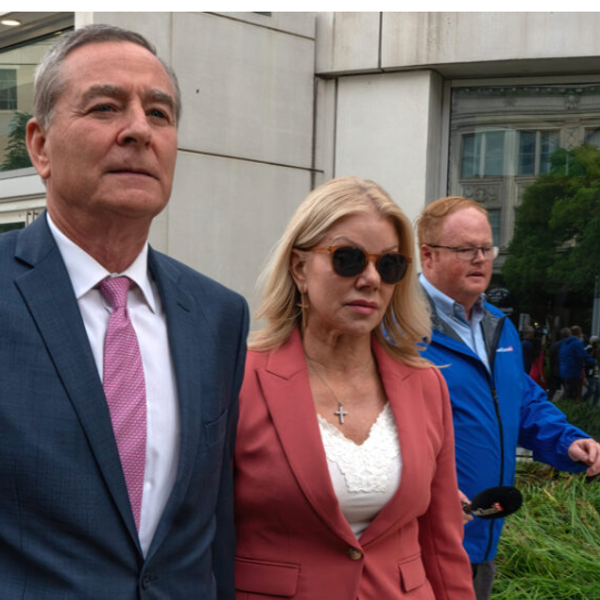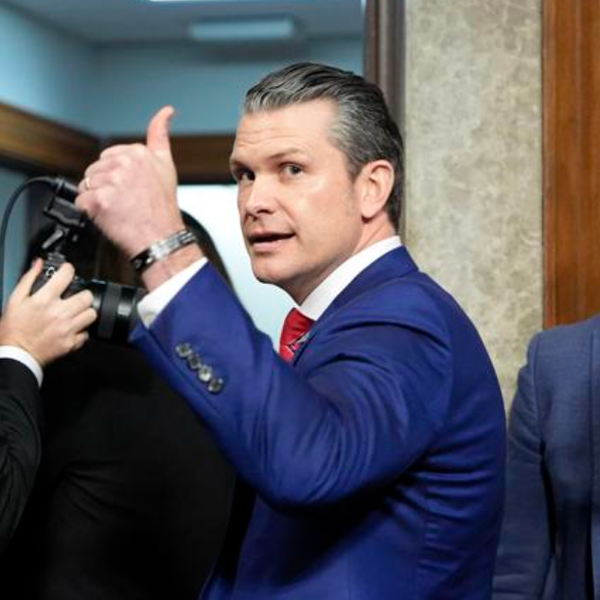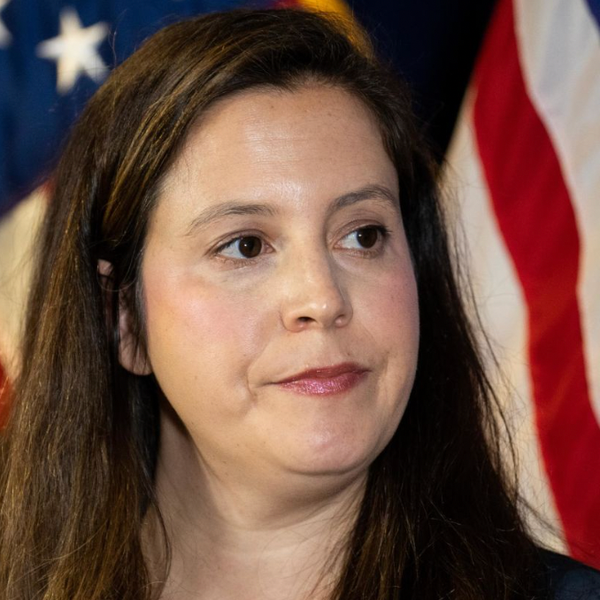by Justin Elliott, ProPublica
Last month, when House Democrats introduced the DISCLOSE 2012 Act to try to stop the flow of secret “dark money” into the electoral process, it marked an ironic twist.
A decade ago, it was Republicans who were pushing for disclosure of donors to nonprofit social welfare groups who are now pouring millions into political attack ads and House Democrats who opposed them.
Now the parties have exchanged positions.
The groups in question are nonprofits known as 501(c)(4)s, after the section of the tax code that describes them.
The best-known of the newer c4’s are the Karl Rove-affiliated Crossroads GPS, which last year raised a $33 million war chest to support Republicans, and the Obama-affiliated Priorities USA, which is expected to play a similar role for the president. Like super PACs, c4’s can accept unlimited donations. But Super PACs have to reveal their donors; c4’s do not.
The 501(c)(4) category is not new. Many older interest groups (including some that engage in little or no political activity) are organized as social welfare groups, from the Sierra Club to the National Rifle Association. But the Supreme Court’s 2010 decision in the Citizens United case — a case filed by a c4 — eliminated restrictions on campaign activity by these social welfare groups and other types of corporations, taking their political spending to another level.
The legislative battle over donor disclosure in the summer of 2000 shows how history often repeats itself when it comes to campaign finance regulation and how the partisan divide was not always what it is today.
Social welfare groups came under scrutiny in 2000 when Congress, led by Sen. John McCain, R.-Ariz., sought to close a loophole involving 527s, other groups that were running campaign ads without revealing their donors. A pro-Bush 527 called Republicans for Clean Air had hammered McCain with $2.5 million in negative ads during the GOP presidential primary, which the senator ultimately lost.
In June 2000, a McCain-sponsored amendment passed the Senate that required 527s to disclose their donors. Then some House Republicans proposed extending the disclosure requirements to apply to 501 (c)(4), (5), and (6) organizations — social welfare groups, unions, and business trade associations, respectively.
“We need disclosure by section 527 organizations, but when 501(c) groups intervene in the political process, they should disclose what they are doing and who is paying for it as well,” said House Ways and Means Oversight Subcommittee Chairman Amo Houghton, a New York Republican who helped draft a bill to expand disclosure.
Houghton’s bill would have required 501(c )(4) (5) and (6) organizations that spent more than $10,000 per cycle on political ads and other election activity to reveal donors who gave more than $1,000. The proposal met stiff opposition from the nonprofit community, which argued it would have a chilling effect on donations.
But Republicans on the Ways and Means committee 2013- as well as McCain — supported the measure.
Democrats on the committee opposed it. Some argued that expanding disclosure requirements was a “poison pill” designed to make the legislation unpalatable and to prevent any reform from passing. Others said the bill imposed “overly broad and uncertain disclosure requirements” on social welfare groups. A top aide to House Minority Leader Richard Gephardt, D-Mo., told the newspaper Roll Call that the Houghton bill “goes too far.”
Ultimately, the Republican leadership in the House concluded that it did not have the votes to force disclosure for 501 groups. The House approved the narrower bill that had passed the Senate and President Clinton signed it into law in July 2000, closing the 527 loophole.
But lawmakers recognized even then that big donors seeking ways to influence campaigns anonymously could turn from 527s to social welfare groups.
“[Q]uite honestly, I believe these groups are perfectly capable of hiring good tax lawyers and going out and finding another way of getting around this if you aim it at specific tax sections,” said Rep. Mike Castle, R-Del., at a June 2000 news conference, explaining why he supported disclosure requirements for social welfare groups.
Castle left politics in 2011 after losing a GOP Senate primary to Tea Party favorite Christine O’Donnell. Now a partner at law firm DLA Piper, he said this election cycle has vindicated his concerns about anonymous money being routed through social welfare groups.
“You’ve got these groups that can essentially contribute huge sums of money, first of all without limitation and secondly without disclosure,” Castle said. “I think it’s just a terrible injustice to a fair election system.”








